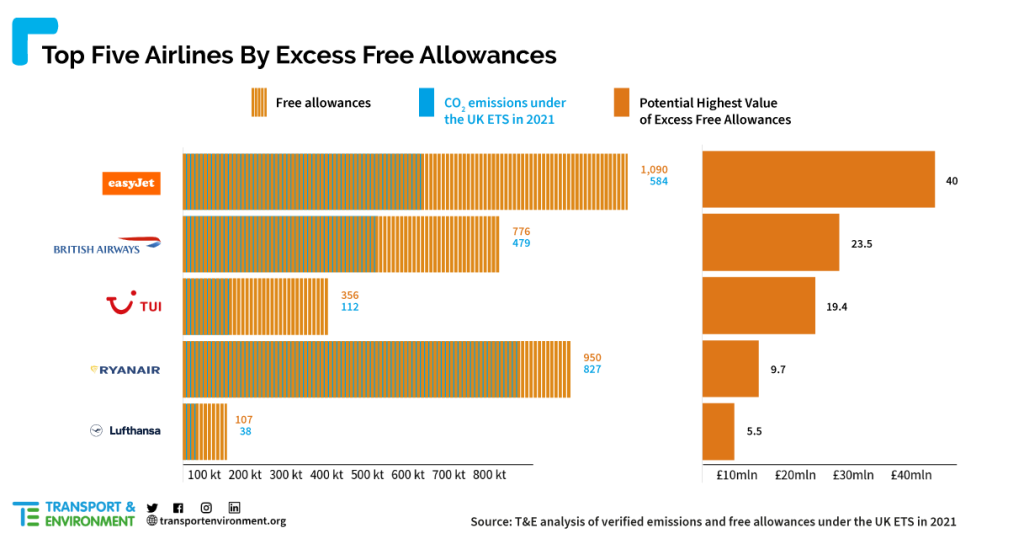The UK has an carbon emissions trading scheme (ETS) such that, within certain industries, companies that create environmentally damaging carbon dioxide when doing whatever it is that they do have to own a permit for per ton of carbon dioxide that they emit. It’s a cap and trade type scheme, designed to limit CO2 emissions to a known maximum, and ensure emission allowances end up in the hands of those who most value them.
There’s a certain amount of permits available, which can be traded on a free market. If you want to increase the amount of CO2 you want to emit, then you have to find someone willing to sell you their permit and pay whatever price they want for it. Thus, the polluter pays.
If, due to the laws of supply and demand, it starts to cost too much to buy such a permit on the market then you’ll just have to figure out a way to not generate so much CO2 in the course of your business. Or pay a hefty fine if you do.
I’m sure there’s a lot of discussion to be had about this type of policy from many viewpoints. But there’s an obvious way to entirely invalidate any good effect it has, which would be to ensure that all companies have more than enough permits to do exactly what they want at no cost at all. So, naturally, that’s exactly what the government seems to have done in recent times, at least for the UK aviation industry.
According to a Transport & Environment analysis, airlines were given free allowances worth £242 million last year, which corresponds to 4.4 million permits.
However only 3.4 million permits were actually used, meaning that not only did these companies not actually have to pay for their pollution, but in fact they could actually sell the excess 0.9 million permits on the market and make free money, if they could find a buyer. Had these been sold then that’s apparently a potential of up to £72 million profit they’d get for nothing.

To be fair, Easyjet say they did not sell their excess; others unknown.
As we’re talking here about the government giving out these free allowances, of course this is all forgone public money (or “taxpayer’s money”, if you believe in that concept).
One arguably “mitigating” reason this arose was because there were many fewer flights taken in 2021 than in previous years, due to the Covid-19 pandemic. It seems like airlines' free allowances are based on data from 2010. But a cap and trade scheme wherein each year the controlling body blindly adds more and more free permits to the market, even to the point that there’s too many to even use, doesn’t feel like a particularly efffective cap.
These permits are in any case only required for UK flights departing to other UK destinations, the European Economic Area or Gibraltar. So no permits are required for long haul flights, which are those that actually cause the most pollution from many airlines that operate in the UK. In 2019, only 14% of the CO2 emissions from British Airways required these permits.